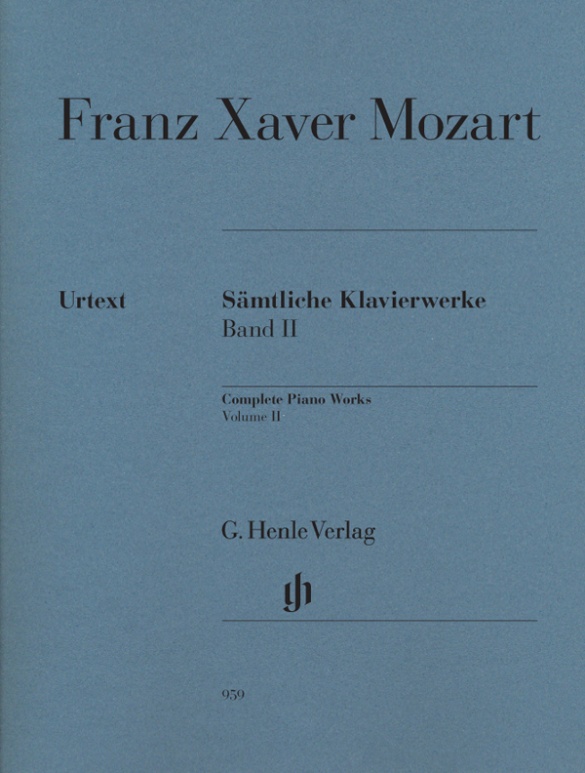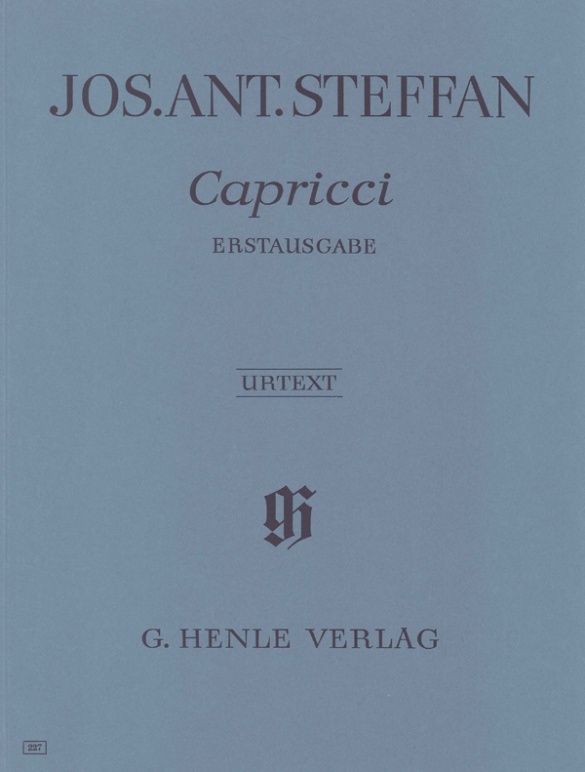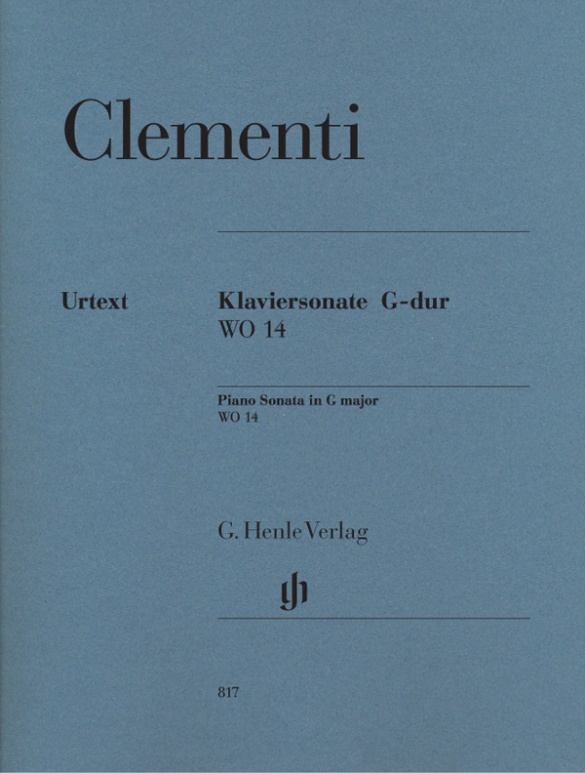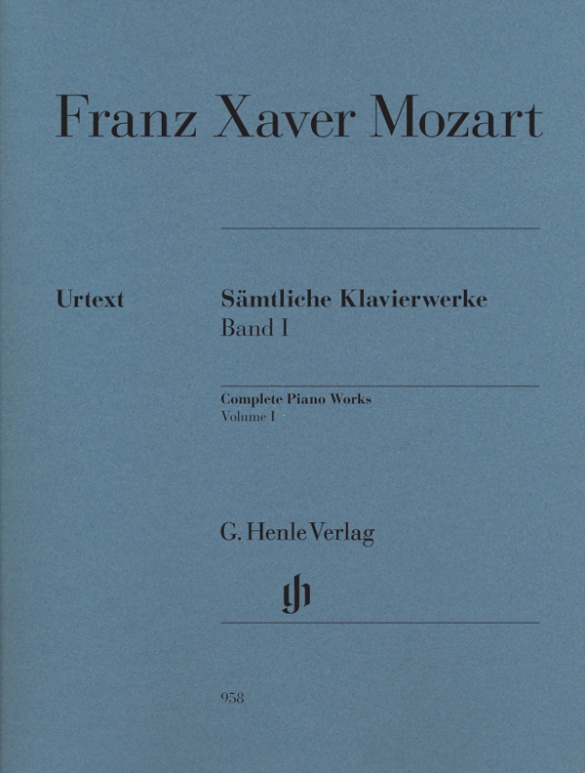

Franz Xaver Mozart
Oeuvres complètes pour piano, volume I
Franz Xaver Mozart était le plus jeune fils de W. A. Mozart. Poussé dès son plus jeune âge par sa mère à embrasser une carrière de musicien, il marcha sur les traces de son père, mais ne put, de son vivant, se libérer de l’ombre de celui-ci. Notre édition en deux volumes (le Volume II, HN 959) publie pour la première fois l’intégrale de ses oeuvres pour piano à deux ou trois mains. Le premier volume comporte neuf cycles de variations, certains étant très développés (l’un d’eux édité pour la première fois), une Fantaisie en La majeur (aussi en toute première édition) de grande envergure et la Sonate op. 10 en quatre mouvements. Le recueil se termine de manière originale par un cycle de variations à trois mains.
More information
CONTENU/DÉTAILS
(Explanation)
CONCERNANT LE COMPOSITEUR
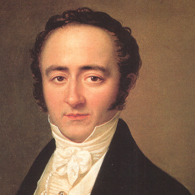
Franz Xaver Mozart
Compositeur et pianiste autrichien. À côté de ses compositions pour piano (concertos, sonates, polonaises,…) il est aussi l’auteur de cycles de lieder et d’œuvres de musique de chambre entre autres. Ses arrangements d’œuvres de son père ont contribué à la diffusion des œuvres de Wolfgang Amadeus Mozart.
| 1791 | Né le 26 juillet à Vienne, il est le plus jeune fils de Wolfgang Amadeus Mozart. Sa mère, Constanze, pose les jalons de sa carrière musicale. Il reçoit son premier enseignement de piano auprès Franz Xaver Niemetschek. À Vienne, il est formé entre autres par Johann Nepomuk Hummel, Antonio Salieri et Johann Georg Albrechtsberger. |
| 1802 | Publication de son quatuor avec piano en Sol mineur op. 1. |
| 1808–10 | Il est engagé à Podkamien en Galicie non loin de Lemberg comme professeur de musique privé des enfants du comte Baworowski. |
| à partir de 1813 | Il travaille comme compositeur et enseignant indépendant. |
| 1818 | Composition et publication de son Concerto pour piano en Mi bémol majeur op. 25. |
| 1819–22 | Un long voyage artistique le conduit vers les métropoles d’Europe, parmi lesquelles Prague, Copenhague, Varsovie, Berlin, Venise et Salzbourg. |
| 1826 | Il fonde le chœur Sainte-Cécile de Lemberg. |
| 1838 | De retour à Vienne il donne des concerts et enseigne. Ernst Pauer est au nombre de ses élèves. |
| 1841 | Il est nommé maître de chapelle honoraire de l’Association musicale de la cathédrale de Salzbourg et du Mozarteum. Ses concerts inaugurés au cours de l’hiver de cette année font connaître les œuvres de Chopin à Vienne. |
| 1842 | Dans le cadre des festivités pour l’inauguration du mémorial en l’honneur de son père il se produit à Salzbourg. |
| 1844 | Il meurt le 29 juin à Karlsbad. |
About the Authors
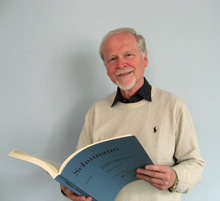
Rolf Koenen (Doigtés piano)
As a pupil, Prof. Rolf Koenen, born in 1946 in Duisburg, had already had contact with Ewald Zimmermann, the first editor at the young publishing house. He studied the piano at the Folkwangschule in Essen with Detlef Kraus, with Ludwig Hoffmann in Munich and with Maria Tipo in Florence.
He gave concerts in a permanent duo partnership with Hansjörg Schellenberger, who was later to become the solo oboe player with the Berlin Philharmonic, and made several recordings with the Deutsche Grammophon-Gesellschaft, with Denon and Sony. Other chamber music partners included András Adorján, Stefan Dohr, Wolfgang Schulz, Claes H. Ahnsjö. Following a teaching position in Munich, Rolf Koenen was appointed as a professor at the Berlin University of the Arts in 1982.
Informations sur la sécurité du produit

G. Henle Verlag
Vous trouverez ici des informations sur le fabricant du produit.G. Henle Verlag e.K.
Forstenrieder Allee 122
81476 München
Allemagne
info@henle.de
www.henle.com
But, be that as it may, this is an historically important publication and provides some good alternative material for older students.
Piano Juornal, 2012De uitgave is prachtig verzorgd, met overzichtelijke informatie per opus.
Pianowereld, 2012Eine echte Entdeckung für den Unterricht.
Piano News, 2012Für gute Klavierspieler lohnen sich die Stücke allemal, denn ihre melodische Gefälligkeit, ihre formale Ordnung, ihr abwechslungsreiches Variationengefüge und eine nie extravagante, doch reizvoll ins Ohr fallende Harmonik werden nicht langweilig.
Acta Mozartiana, 2012The publicity goes on say that as he was not primarily a virtuoso, so these works are also suitable for amateurs. Nonprofessional pianists will certainly enjoy and welcome these compositions to the repertoire, and they deserve to have due recognition. They are ideal for both perfoming and teaching purposes and will appeal to many.
Piano Professional, 2012Questa nuova edizione renderà in parte giustizia al "figlio di Amadeus".
Suonare News, 2013recommandations
autogenerated_cross_selling
Autres éditions de ce titre
Autres éditions de ce titre


